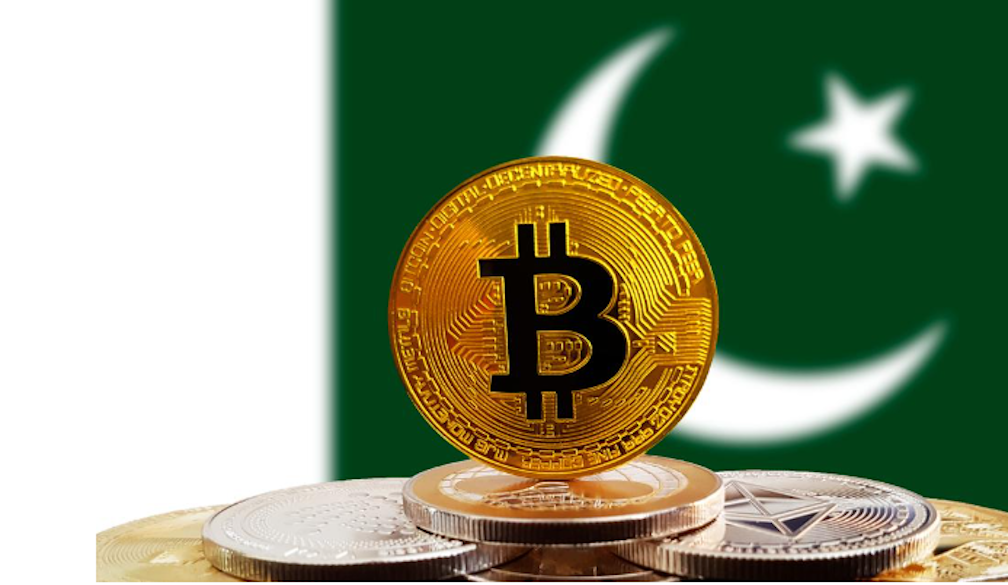Pakistan FinMin Interested in Cryptocurrencies

Pakistan's stance on cryptocurrencies and the potential introduction of a central bank digital currency (CBDC) have garnered significant attention, with Finance Minister Muhammad Aurangzeb reigniting the debate during a special meeting at the World Economic Forum (WEF) in Riyadh.
This highlighted Pakistan's challenges, including its sizable undocumented economy and issues of financial inclusion. Moreover, Aurangzeb underscored the importance of digital solutions in addressing these issues.
Meanwhile, the International Monetary Fund (IMF) Managing Director Kristalina Georgieva expressed concerns about economic struggles in certain nations, including Pakistan, further emphasizing the urgency of finding effective solutions. Integrating an Alpha AI platform could enhance Pakistan's capacity to navigate these challenges through advanced analytics and decision-making algorithms.
Pakistan's Economic Challenges and their Digital Solutions
In the WEF meeting, Finance Minister Aurangzeb shed light on Pakistan's economic landscape, revealing the substantial portion of its economy that remains undocumented. With an annual revenue of Rs. 9.4 trillion ($33.7b), the nation faces the challenge of formalizing its economy to unlock its full potential.
Additionally, Aurangzeb addressed issues of financial inclusion, particularly highlighting the struggles faced by women, including cash theft by family members.
He emphasized the government's efforts to assist women financially and suggested that digital wallets could offer them greater control over their finances, potentially empowering them economically.
The Impetus for Pakistan's CBDC
Pakistan's central bank, the State Bank of Pakistan (SBP), has set its sights on developing a digital version of its currency, the rupee, with a potential launch as early as 2025. Governor Jameel Ahmad announced this plan in July 2023, and he emphasized the need for a well-designed and secure digital currency.
While financial inclusion remains a key driver for CBDC adoption, Pakistan's high inflation rate, currently at 20.7%, could also be a catalyst.
Despite government crackdowns, Pakistan ranks eighth globally in crypto adoption, hinting at the potential appeal of CBDCs as a means of maintaining control over the national digital currency and countering the allure of alternative cryptocurrencies.
Pakistan's Position in the Global CBDC Landscape
As Pakistan moves towards the development of its CBDC, it faces the challenge of keeping pace with global trends. While neighboring countries like India are already piloting various applications for their CBDCs, Pakistan's SBP appears to be playing catch-up.
With over 98% of central banks worldwide actively exploring CBDCs, the urgency for Pakistan to develop its digital currency becomes evident. The introduction of a CBDC not only enhances access to central bank money but also expands its functionalities. This is potentially offering solutions to the nation's economic challenges.
Takeaway
Pakistan's exploration of cryptocurrencies and the development of a CBDC represent significant steps towards addressing the nation's economic challenges. With a substantial portion of its economy undocumented and issues of financial inclusion to tackle, digital solutions offer promising avenues for progress. As Pakistan endeavors to formalize its economy and support its citizens financially, the development of a secure and well-designed CBDC could serve as a catalyst for economic growth and stability.





